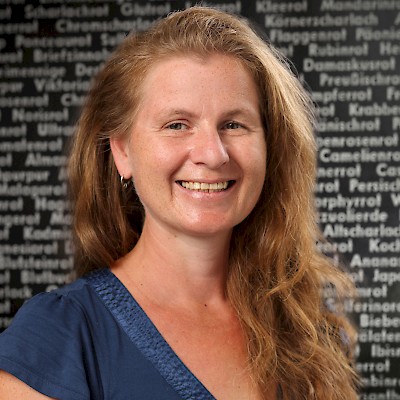Biographies of place. The Tempelhofer Flugfeld, Berlin.
The planned project is dedicated to analysing the biographies of places. The central focus of the inquiry is the question of how representations, meanings and practices that are tied to a place change. In addition, it develops the analytical concept of the biography of a place, the viability of which will also be tested in the project. The metaphor of biography is here conceptualised not as a limited span of time, but as an unending chain of metamorphoses out of which new figurations arise. The place as a materialised and social segment of space is framed by specific conditions and limitations, yet it is at the same time always also a space of possibilities. As the biographies of places inscribe themselves in material space, their signs still remain visible later, even if they are not always legible, when they are given new readings, meanings and narratives.
The analysis trains the gaze on these permanent transformations, on highpoints, continuities and ruptures in meanings, actions and representations. In doing so, it will consider the processes by which a value is conferred on a place, but also processes of devaluation.
To test the concept, the Tempelhofer Flugfeld in Berlin is taken as a case study. This large open space in the middle of Berlin has served, among other things, as a military parade ground, airport, industrial estate, leisure area, as a projection area for brand campaigns and as potential building land, linking it again and again with new functions, actions, meanings and narratives. The research includes an analysis of how the Tempelhofer Feld has been figured as physical and social space, but also as a virtual space in internet notices etc. At the same time, it will draw on research materials from an ethnographic study, underway since 2012, of the excavation of the former forced labour camp on the terrain.
